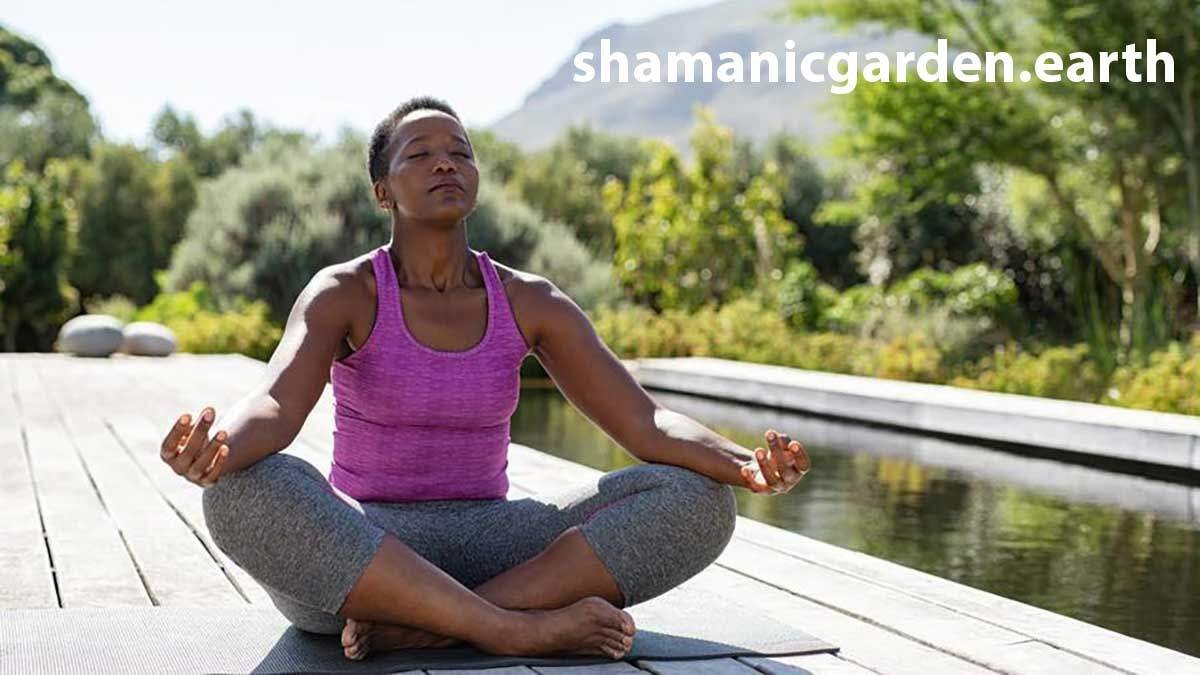“There is no enlightenment outside of daily life.” — Thich Nhat Hanh
What does it mean to meditate? To some, it may appear as a passive act of sitting quietly, but in essence, it is a dynamic exercise of the mind. It is a spiritual discipline that brings balance, harmony, and tranquility into our lives. Meditation doesn’t require an isolated cave or a high mountain peak, but simply the willingness to turn inwards, towards the peace and wisdom inherent within us.
The Practice and Its Many Benefits
“Meditation is not evasion; it is a serene encounter with reality.” — Thích Nhất Hạnh
Modern living is a constant barrage of distractions, pressures, and stimuli. The mind is perpetually stirred, creating ripples of unrest. Daily meditation is like a calm, steady rock amid this tumultuous river of thought, anchoring us to our own centre of calm and quiet. This silent immersion into oneself provides respite and allows the mind to reset and reorganize.
Meditation does not merely offer stress relief or enhanced focus. It serves as a powerful catalyst for self-transformation. It is a practice that nourishes patience, cultivates empathy, and instills a deep sense of peace. While these are indeed tangible benefits, they are not the end goal of meditation. The true objective is to attain an expansive state of consciousness and to live from a place of mindful awareness.
Starting Your Journey: Small Steps and Incremental Change
“A journey of a thousand miles begins with a single step.” — Lao Tzu
Indeed, the prospect of meditating for an hour or two each day might seem daunting, especially for those unacquainted with the practice. However, it is vital to remember that every grand journey begins with a small step. A brief meditation of five minutes can serve as an excellent starting point. With consistent practice, the duration can gradually be increased, adapting to one’s personal comfort and preference.
Engaging in short meditations has its own merits. Even a few minutes of focused awareness can reset your mental equilibrium, fostering balance and tranquility within. Just as one doesn’t run a marathon without training, meditation, too, can be approached in a progressive manner, gradually building mental endurance.
Techniques for Daily Meditation
“You should sit in meditation for 20 minutes a day unless you’re too busy. Then you should sit for an hour.” — Zen proverb
Beginners often ask, “How should I meditate?” The beauty of meditation lies in its simplicity and flexibility. Here are some simple techniques that you can incorporate into your daily routine:
1. Breath Awareness: Focusing on your breath is a fundamental meditation technique. It brings you into the present moment and serves as a constant anchor for your wandering mind.
2. Body Scan: This involves paying mindful attention to different parts of your body, starting from the toes and moving upwards. It cultivates awareness and relaxation.
3. Loving-Kindness Meditation: Also known as Metta meditation, this practice involves directing positive thoughts and emotions towards yourself and others.
4. Mindfulness Meditation: This is the practice of being fully present and engaged with whatever you’re doing at the moment, without judgment or distraction.
In Conclusion: A Lifelong Journey
“In the end, just three things matter: How well we have lived. How well we have loved. How well we have learned to let go.” — Jack Kornfield
Meditation is not a destination but a path. It’s a continuous journey towards self-understanding and self-mastery. In our rush to achieve, we often forget to simply ‘be’. Meditation reminds us of this essential facet of existence and offers a space where we can embrace our true selves.
Remember, the most important aspect of meditation is not how long you meditate, but the consistency of your practice. Dedication and discipline are key. Each moment spent in meditation is a step closer to a mindful existence and a profound connection with the universe.
References
- Hanh, Thich Nhat. “The Miracle of Mindfulness: An Introduction to the Practice of Meditation.” Beacon Press, 1975.
- Kornfield, Jack. “Buddha’s Little Instruction Book.” Bantam, 1994.
- Lao Tzu. “Tao Te Ching.” G.P. Putnam’s Sons, 1994.
- http://shamanicgarden.earth/meditation/meditation-improve-health-and-wellbeing/
